Research impact
Our researchers work with individuals and communities around the world to make a positive difference.
We're collaborating with businesses, charities, governments and cultural organisations to advance knowledge, track societal shifts and develop transformative technology.
Explore our case studies and see how we're shaping a better future – in York, in the UK and globally.
Case studies

Systems of food production, trade and consumption are increasingly vulnerable. Political, economic and ecological shocks, climate change, new farming practices and shifts in consumer behaviour can all affect our ability to put food on the table.

Our researchers are leading the call to apply the principles of open science to maximise the potential impact of machine learning in healthcare research.

Professor John Bowen, a world expert on Charles Dickens, has been working with actors, writers, and directors in Stratford and London to help shape their understanding of Dickens’s life and composition process when performing adaptations of his novels.

Dr Lauren Working’s research presents ground-breaking new perspectives on how the Americas permeated Tudor and Stuart art and literature.

Led by Dr Hannah Roche (University of York) and Professor Katherine Mullin (University of Leeds), Coercive Control: From Literature into Law is the first interdisciplinary project to investigate the relationship between imaginative writing and the law of coercive control.

Research in the Sociology department has improved our understandings of how people use No and Low (NoLo) alcohol drinks and the ways in which they are marketed, helping to inform policy and regulation.
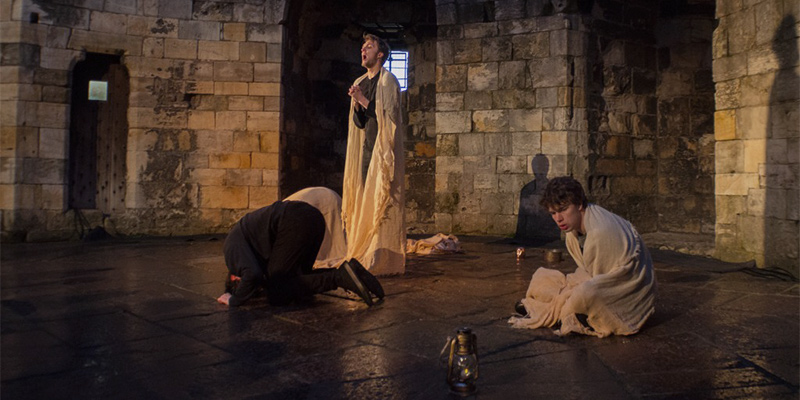
Researchers at York are working with arts organisations to bring a remarkable collection of scripts, texts and plays composed by prisoners in a World War II Jewish Ghetto to new international audiences.

Our research has helped a successful television company expand into immersive media production through an innovative Knowledge Transfer Partnership.

Our researchers are opening up new opportunities for audiences to engage with competitive video games.
.png)
Multi-Omics Research Factory (MORF) is a new tool created by experts at the University of York that brings the power of big data to researchers in industry and academia without the need for specialist programming skills.

The resources available to spend on healthcare are limited. Economics provides the tools to help ensure the delivery of ‘more health for the money’. York research has guided health spending in many parts of the world, including in Africa.

Our researchers are working in secondary schools to combat stigma against mental illness.

Across the world, conflicts arise over territory disagreements. But are there ways these conflicts can be resolved without violence and war?

Researchers have developed a collaborative approach to help further understand safety concerns surrounding bladder cancer in the use of dual PPAR agonist drugs.
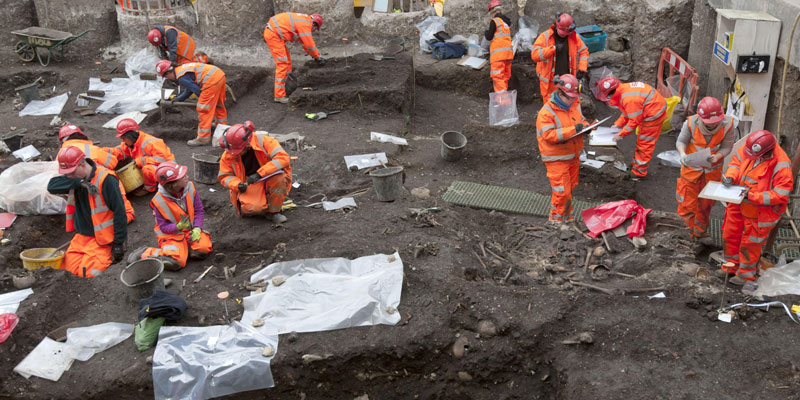
In 1996 a team in the Department of Archaeology established the Archaeology Data Service (ADS), an internationally recognised digital archive.

A collaboration with a local women’s charity uses writing to enhance emotional health and build resilience through the delivery of a therapeutic expressive writing group.

Recruiting and retaining participants in research trials is vital, but can often be problematic. We’re finding ways to improve this crucial research element.

Lesbian, gay, bisexual and transgender (LGBT+) individuals form an important part of diverse British workplaces. By better understanding staff networks, we can help to create more inclusive environments.

The Haematological Malignancy Research Network, established at York, provides essential data on leukaemia, lymphoma and myeloma for clinicians, researchers and policymakers.

With over 100 million people affected by psoriasis globally, it is important to establish which treatments work best and are most cost-effective in improving quality of life for those with the disease.

With an annual NHS budget in England of around £127 billion (2017/18), it is vital that decisions are made so that health care spending generates the greatest impact on the health of the population.

We are shaping agendas on the rights of EU nationals residing in the UK through innovative academic and practice collaboration.

Our research is changing policy and practice at the World Health Organization (WHO) and its regional offices by working with them to promote institutional transparency.
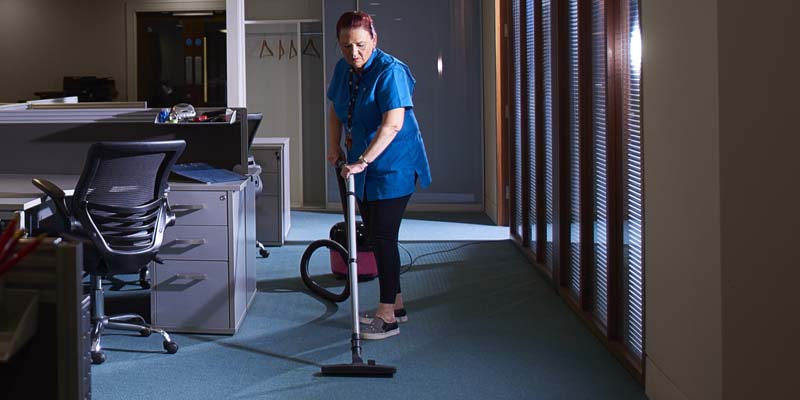
Research on in-work poverty has informed the employment policies at three important employers in the city of York.

What motivates employees to make environmentally-positive choices in the workplace? We found many different drivers, which interventions to encourage positive behaviour need to take carefully into account.

We worked with a large NHS mental health trust to study the impact of changing staff shift patterns. Our findings allowed us to make recommendations for implementing changes for the benefit the organisation and its staff.

Researchers are working with residents on the remote South Pacific islands of Vanuatu to co-develop technology which will warn them when water supplies are unsafe to drink.

Researchers at the University of York are working with organisations and governments around the world to help them better understand air pollutants and reduce their emissions.
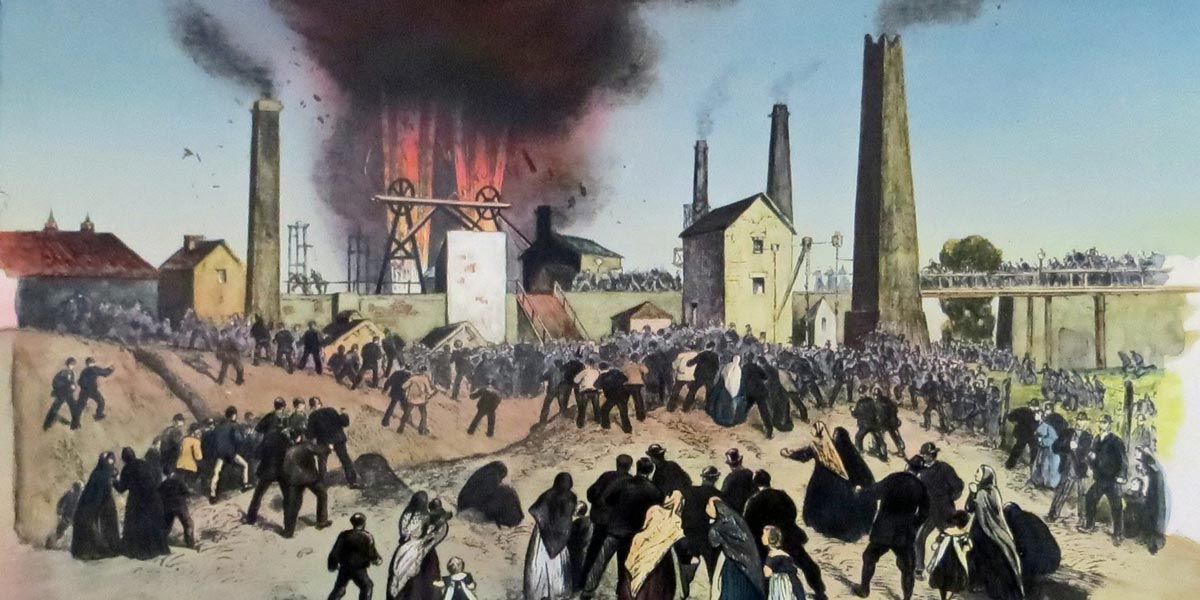
The worst industrial disaster of the 19th century was all but forgotten as its 150th anniversary approached. Our research produced a film that raised awareness locally, nationally and internationally, helping to create a local memorial and the National Workplace Day of Remembrance.

Providing the finest quality sound to an audience is a challenge. Particularly if the audience doesn't stay in one place.

Researchers at York have identified the impact of climate change on biodiversity, how species might be at risk of extinction, and they have developed approaches to enable species to adjust to a warmer world.
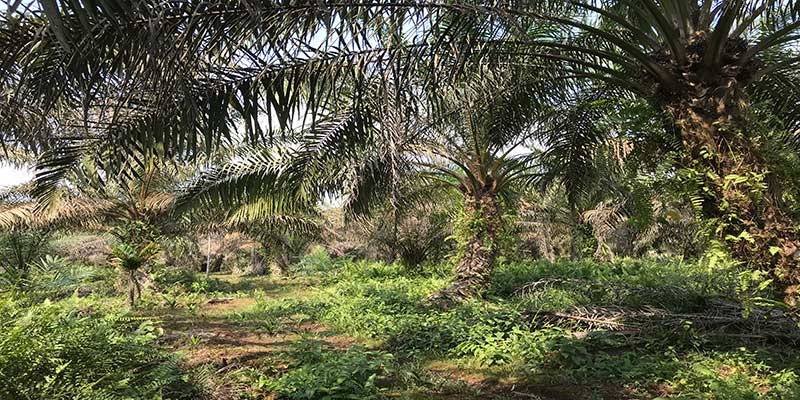
Researchers are working to improve the sustainability policies for protecting rainforest in oil palm landscapes. This research is helping to conserve biodiversity and reduce carbon emissions across large parts of the tropics.

Researchers are working to improve the ways biodiversity is protected in Africa. This will tackle the global biodiversity crisis, protecting natural areas for people and nature.

Researchers examined the relationship between the number of managers in the NHS and clinical performance. Their findings show that, contrary to common perceptions, we need more managers in the NHS to improve patient outcomes.
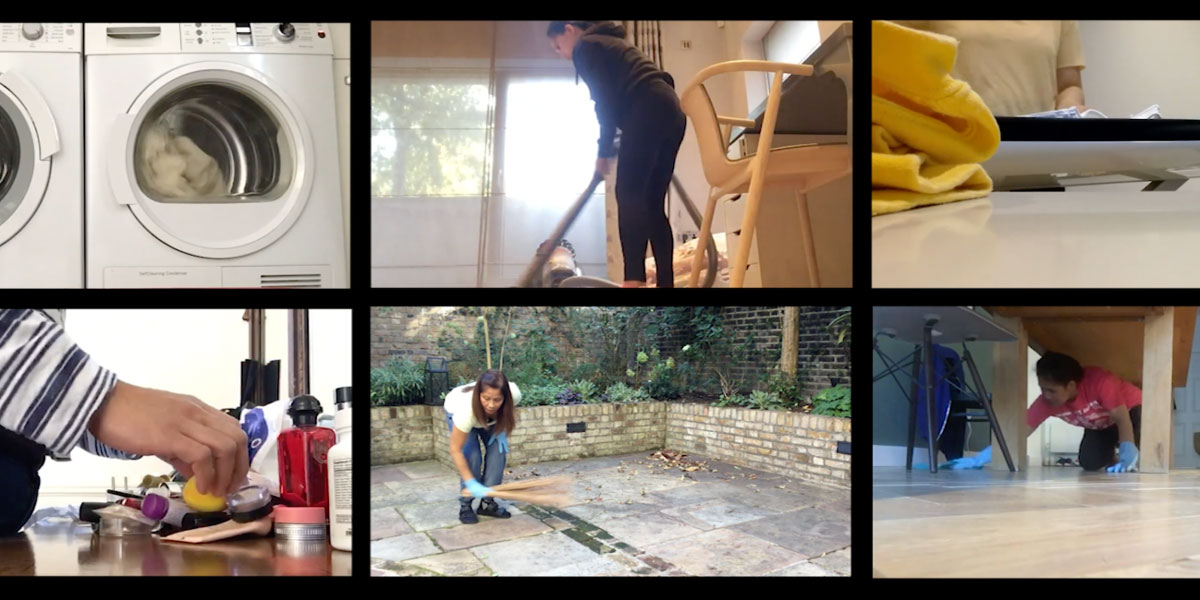
Migrant domestic workers are one of the most vulnerable and invisible groups of workers in the UK. Our participatory video project and associated exhibitions have helped them to articulate their needs to politicians and public audiences.

We measured the health and wellbeing benefits of the North York Moors National Park using a Social Return on Investment (SROI) approach. We found that the park creates positive impacts worth £7 for every £1 of government investment.

Our research conducted with the Low Pay Commission has made a new contribution to the understanding of wage inequality in the UK.

We’re assuring the safety of autonomous systems to give confidence that they will work safely in even the most challenging environments.

Researchers at York have led the development of a new commercial, high-yielding noscapine poppy variety that has transformed the supply chain for the key ingredient in many cough suppressants.
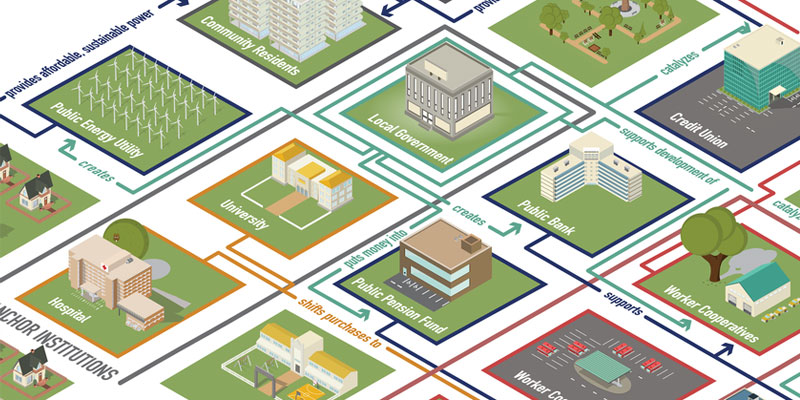
The University of York is embedded in a city with a long history of institutions concerned with inequality, such as the work of the Rowntree family. Our researchers focus not just on the causes and forms of recent inequality, but also how it might be addressed by community wealth building.

Research by experts at York is engaging teachers and students with the latest developments in linguistics, helping to build confidence, enhance results and inspire ambitions.

Parents’ ‘mind-mindedness' – the ability to ‘tune in’ to their young child’s thoughts and feelings – predicts wide-ranging positive aspects of children’s development, particularly in children from disadvantaged backgrounds.

We have produced innovative tools and data-based insights to improve the management of ecosystems, benefiting these areas and the people and wildlife who inhabit them.

Our insights from conversation analysis have helped doctors, nurses and medical students support patients in making choices about their treatment in the NHS and across the world.

Researchers are working to improve the availability of artemisinin - the main component of the recommended malaria treatment. This will help farmers in developing countries provide a local solution to this ongoing global problem.
.jpg)
Our research into the recovery of marine life in a protected area on the west coast of Scotland is just the latest example of our important work at the forefront of worldwide marine conservation and protection.

We are developing risk assessment methods to measure the impact of ground level ozone on ecosystems to inform European atmospheric emission reduction strategies.

Our researchers are looking at what we know about the impact of language problems on children’s mental health.

Enhancing the capacity of community health workers to deliver women’s health rights during epidemics
Brazil's community health workers (CHWs) are at the forefront of day-to-day health service delivery to women and children affected by Zika.

Immersive virtual and augmented reality experiences rely on 3D sound through headphones that is as close to real life as possible. This project looks at research undertaken at the AudioLab in collaboration with Google, which has set the global benchmark in binaural surround sound for virtual reality.

Through large-scale studies, our researchers examined how cardiac rehabilitation services could be improved.

Crystallographic software developed at York has underpinned the design of many pharmaceutical products.

Our world-leading research is working at the heart of policy and practice surrounding the protection of human rights defenders.

Our research enabled a more nuanced understanding of why some households are more vulnerable to fuel poverty and how policy can support them.

CASTEP is a computer code used to develop new materials in the chemical, pharmaceutical, semiconductor, automotive and aerospatial industries. Research at York is ensuring the code retains its leading edge for calculating the properties of materials from first principles.

Why are rich, developed countries still affected by a range of health and social problems?
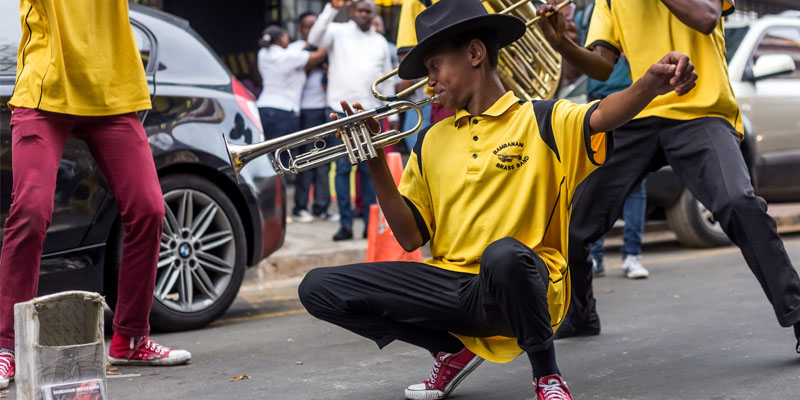
The South African jazz scene is one of the most active in the world, but decades of political upheaval means that its history is largely undocumented - and even young South African musicians aren't aware of its influence. Our research has created a permanent archive to ensure this rich musical heritage can be appreciated by everyone.

Research from York measures the productivity of the NHS and influences the size of the NHS budget.
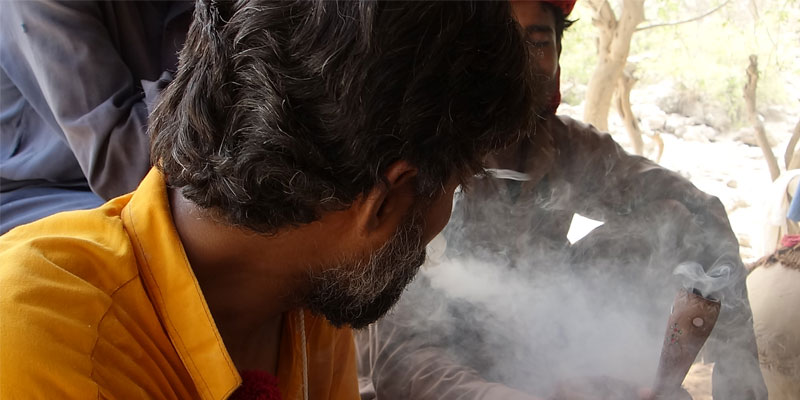
Our researchers have developed a practical solution for controlling tuberculosis in three South Asian countries by incorporating tobacco smoking cessation interventions into tuberculosis control programmes.

Experts disagree on how to account for the cost of climate change. By surveying different views, Professor Mark Freeman and a group of researchers have identified social discount rates that many can agree on.

In response to a widespread teacher retention crisis, we are developing a suite of innovative, culturally sensitive, evidence-based teacher selection and development tools.

Research from York has developed methods to make sure the NHS gets value for money from the treatments it funds.

Research from York underpins how the healthcare budget is shared out fairly across England, reflecting the health care needs of the population.
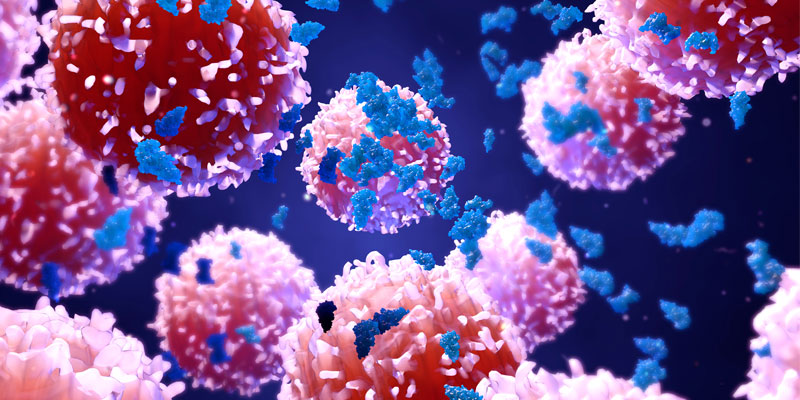
Our research has greatly improved quality of care for children being treated for cancer and the impact of our work is being felt around the world.

The UK National Health Service adopted the Quality and Outcomes Framework in an effort to improve the quality of general practice, but has it been successful?

Our research has revealed a cliff edge of support for prisoners on release into the community. We are recommending the development of new approaches that link effective work in prisons with more substantial support on release

We are leading an international network of researchers focusing on welfare conditionality within social security systems across the world.

We’re part of an international research study investigating the use of advanced encryption to keep our medical data secure.

Our computer scientists are helping primary school children learn foreign languages with the help of digital games developed with digital and education researchers from the Universities of York and Reading.

Students with learning difficulties can be at a serious disadvantage if their condition is not recognised. In Sri Lanka teachers aren’t trained to spot the symptoms of their students’ learning difficulties but our researchers are helping to change this.
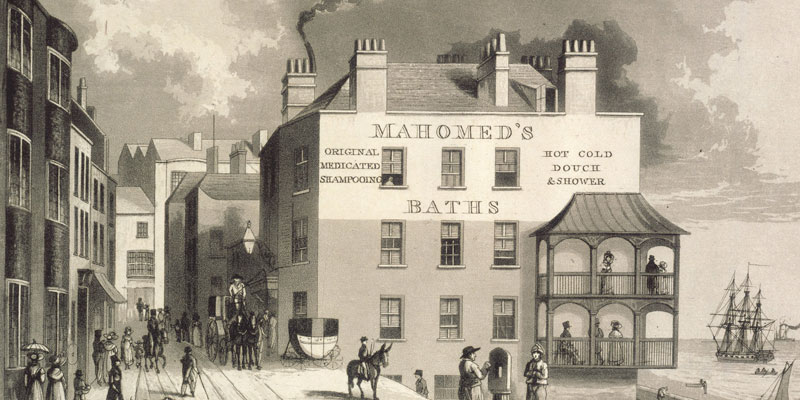
Dr Claire Chambers is a leading voice in the field of Muslim literary studies.

York research into air pollutants has shaped government policy and helped to improve air quality in our cities.

Our research aims to advance the therapeutic understanding of trauma-related sleep disturbances and develop a therapeutic application of Professor Tom Stoneham’s Cultural–Social model of dreams.
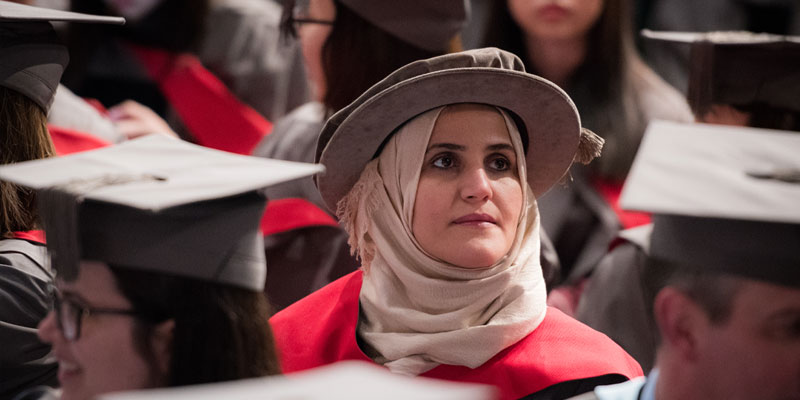
Our researchers are making postgraduate study more accessible to those who face inequalities in broader society.

The standard accents of English in the UK and other countries are generally regarded very positively, associated with traits such as intelligence, competence, reliability and industriousness, while non-standard accents are often not thought of so favourably. Our research investigates the impact these different perceptions may have on UK applicants’ access to employment in the elite occupations, in particular in the legal profession.

York research informed guidance issued to Organisation for Economic Co-operation and Development countries on reducing hospital waiting times.

Most of us would agree that we can recognise a spoken threat when we hear one, and believe that we can judge whether the speaker intended an otherwise innocuously-worded phrase like "I know where you live" to be interpreted as a threat. But from an objective linguistic point of view, what does it mean to say that someone is using a ‘threatening tone of voice’?

We are seeking to improve the way psychological therapies are delivered by telephone, in order to ensure that people experiencing common mental health problems of anxiety and depression receive the care, information and support that they need.

York research has informed the Montreal Protocol on Substances that Deplete the Ozone Layer - an influential international treaty designed to protect the ozone layer.

Professor John Bowen's research has palpably changed the conventional view of Charles Dickens and his work.

Our researchers are investigating how the health and function of the brain can be influenced by what you eat.

Mathematical models developed by our researchers have improved understanding of the dynamics of marine ecosystems on an international scale.

Mathematical techniques developed by our researchers allow complex food mixtures to be analysed and interpreted, ensuring compliance with food safety regulations and protecting public health.

Our research developed a novel human rights approach aimed at improving the prevention and treatment of noma while addressing rights violations and discrimination associated with the disease.

Researchers in the Department of English and Related Literature investigated how the Reformation was remembered, forgotten, contested and re-invented.

Our researchers are developing new ways for Public Health England to ensure that their information-gathering activities are properly scrutinised and approved.

Research as part of a PhD project in the Department of Sociology is informing how prison staff respond to seriously and terminally ill prisoners by contributing to new guidance on the use of restraints when a prisoner is receiving treatment in hospital.

Research at York has had a direct impact on how health technologies, such as cancer drugs, are evaluated and made available in the UK and internationally.
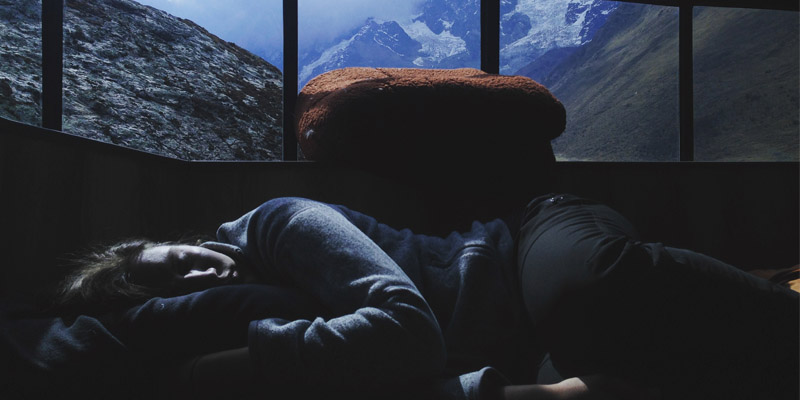
Teenagers’ body clocks are often poorly aligned to the school day, meaning that their ability to learn and retain information is compromised. Researchers are working on ways of shifting sleep patterns of adolescents to enhance memory.
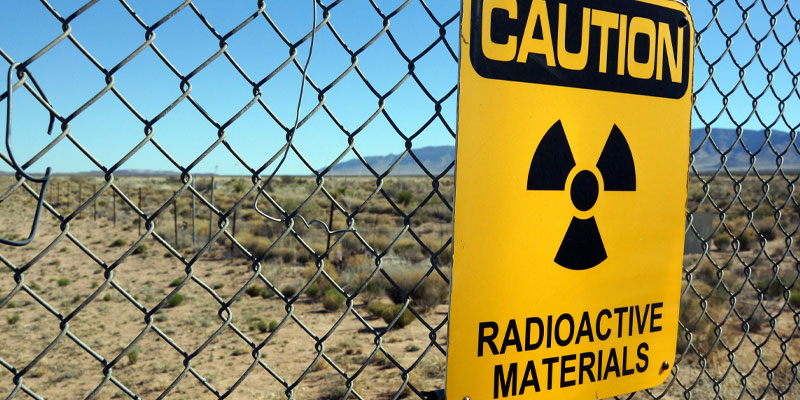
Our research has enabled the development of wearable gamma-ray detectors for homeland security applications.
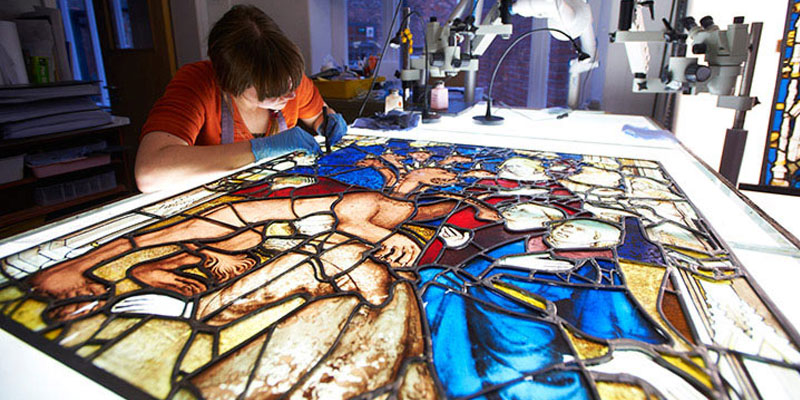
Research by art historians at York has underpinned, shaped and enabled the conservation interpretation of the Great East Window of York Minster.
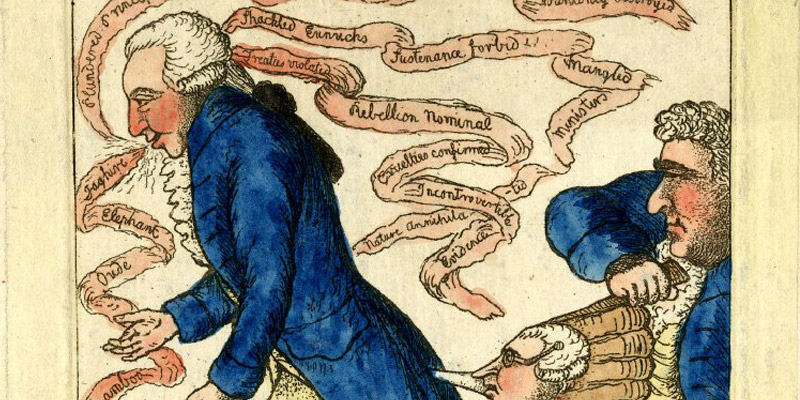
We are influencing the debate on restoration and renewal of the Palace of Westminster, while enriching Parliamentary and public understanding of the origins of the House of Commons.
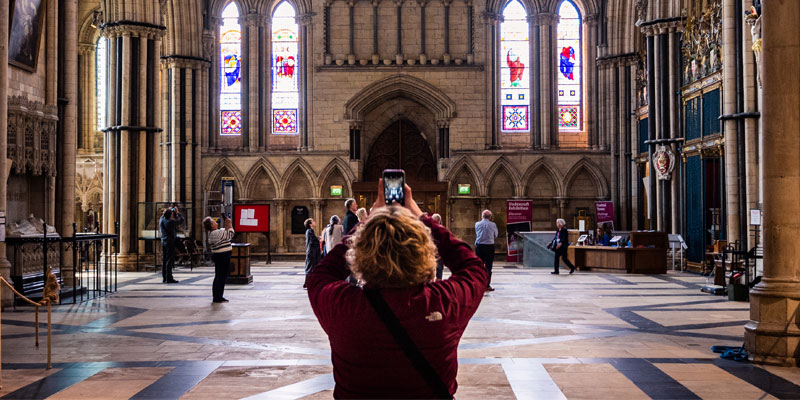
Our research has changed national and institutional policy for heritage management and enhanced public engagement with English cathedrals and other sacred sites.
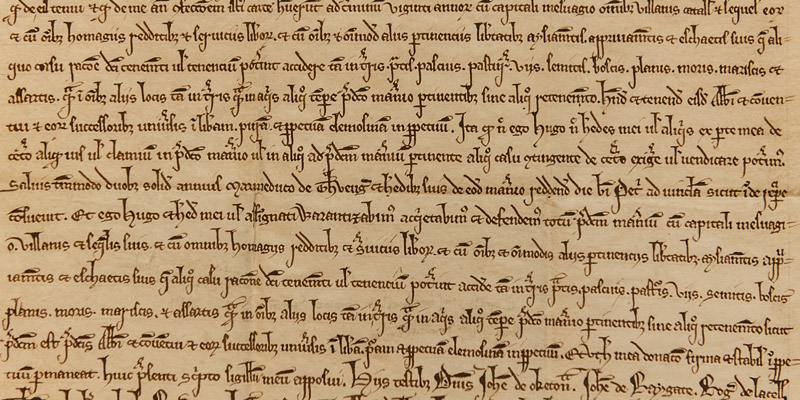
The England's Immigrants project has made archival material of England's medieval migrants freely available through a new online database.
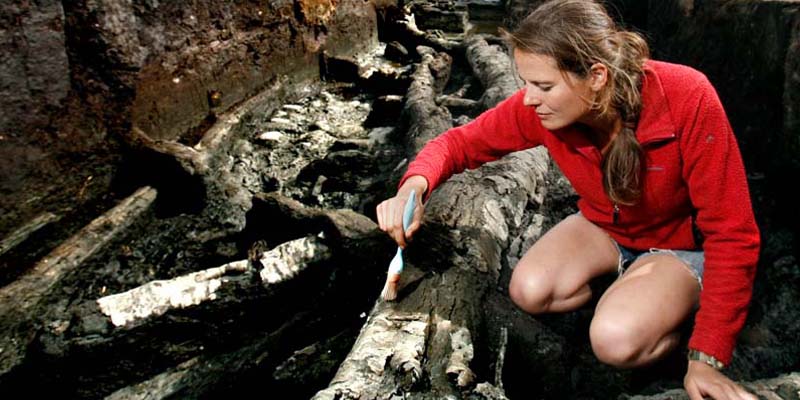
Star Carr is internationally renowned in the archaeological world but was relatively unknown in the public sphere. Research at York enhanced the preservation and raised the status of this important site, securing its position on Historic England's Schedule of Monuments.

Our research into the digestive system of the gribble - a curious crustacean and the only animal known to have a sterile digestive system - may hold the key to sustainably converting wood into biofuel.

Researchers at York led a pioneering study which opens up a new front in the battle against a disease affecting ash trees across Europe.

Researchers at York are influencing policy and funding decisions in quantum technologies and cybersecurity, at national and European levels.

The Gemeentemuseum Den Haag is one of the best known museums of modern art in the world and our research has been instrumental to the characterisation of their De Stijl display.
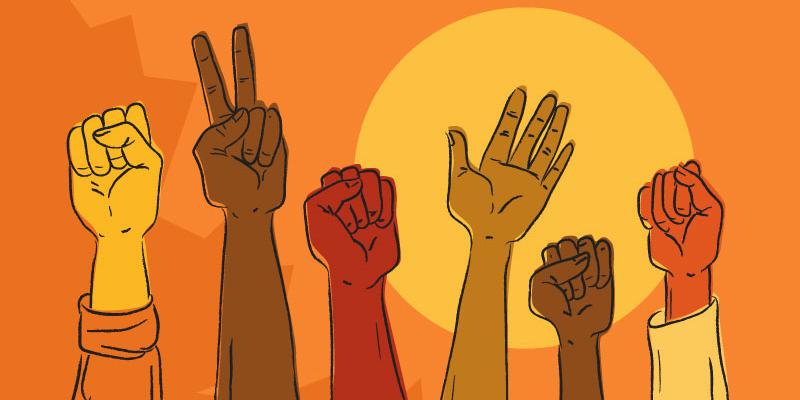
Through protection initiatives and efforts to enhance civic and political space, research by the Centre for Applied Human Rights (CAHR) is shaping the way states, civil society actors, donors and human rights defenders understand and respond to risks to human rights movements.
